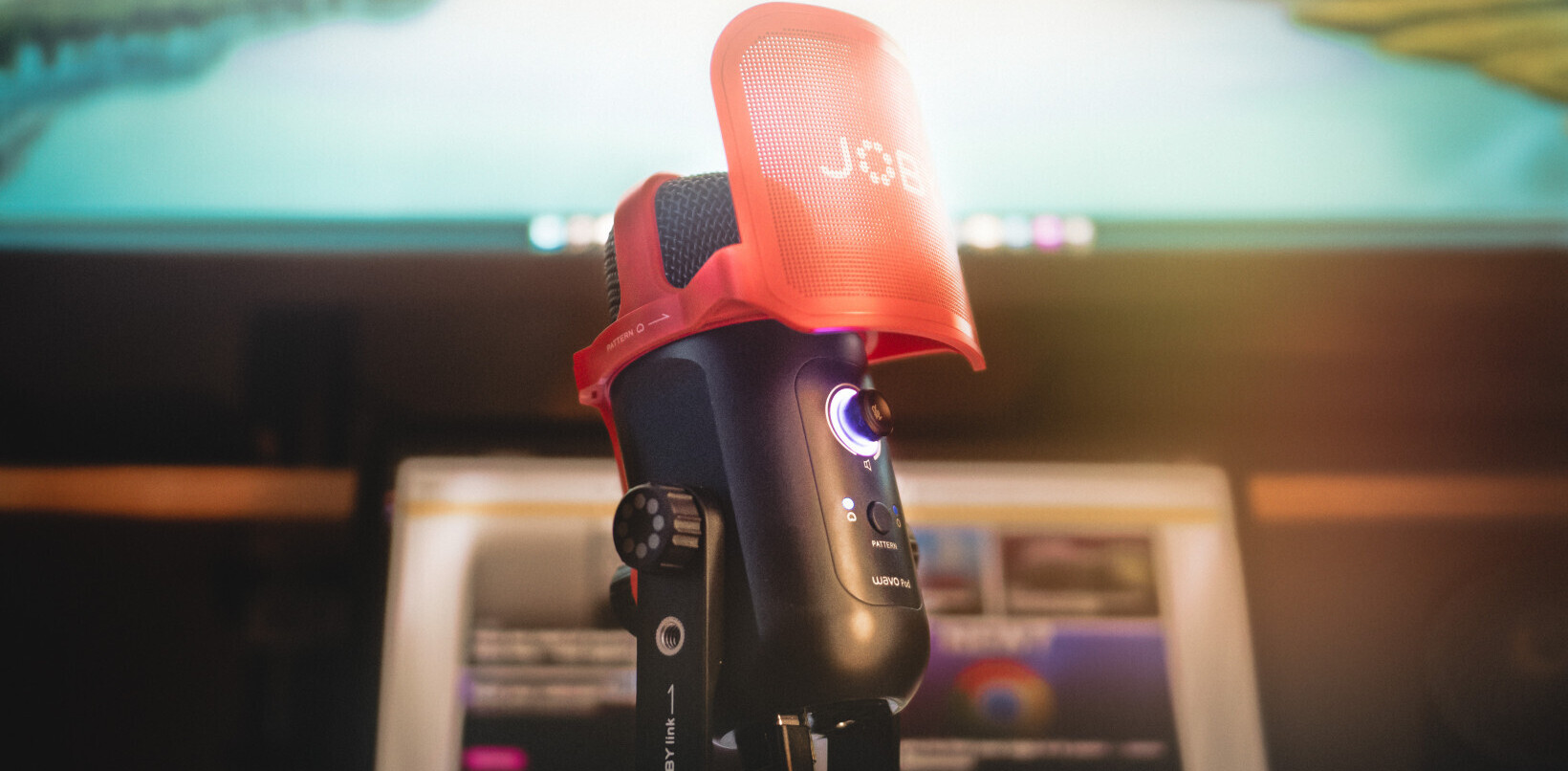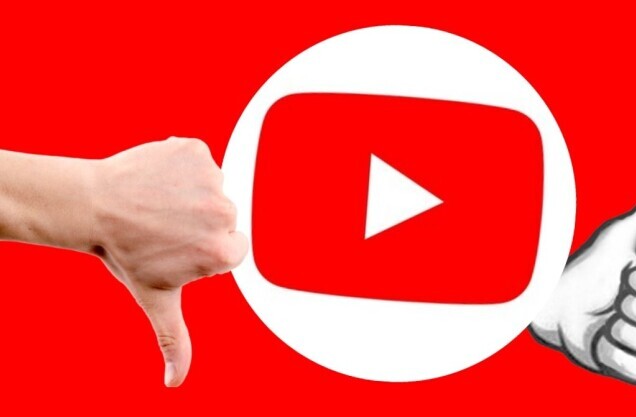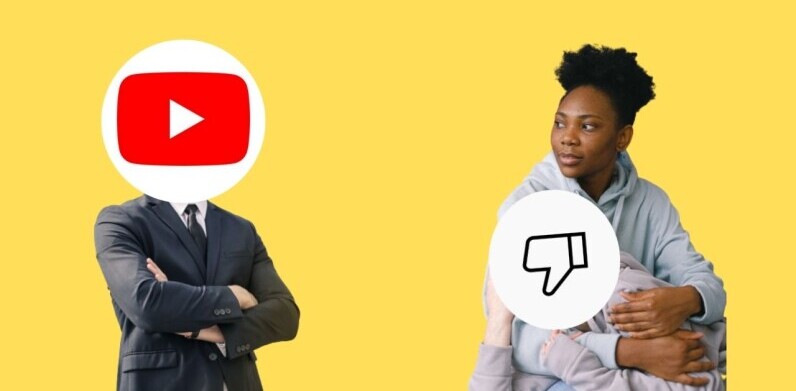
A group of 23 child advocacy and privacy groups have filed a complaint with the US Federal Trade Commission (FTC) alleging Google has been illegally collecting data and personalizing advertisements to children under 13.
According to the Online Privacy Protection Act (COPPA), websites and services must first obtain parental consent should they intend to collect personal data on any child under 13. YouTube, the group alleges, is collecting personal details — including location, device identifiers, phone numbers, and browser tracking data — from children who view videos on the site. It’s now urging the FTC to investigate Google for the alleged violations.
Josh Grolin, of the Campaign for a Commercial-Free Childhood (CCFC) — an organization involved in the complaint — had this to say in a statement:
For years, Google has abdicated its responsibility to kids and families by disingenuously claiming YouTube — a site rife with popular cartoons, nursery rhymes, and toy ads — is not for children under 13. Google profits immensely by delivering ads to kids and must comply with COPPA. It’s time for the FTC to hold Google accountable for its illegal data collection and advertising practices.
Much like Facebook, he goes on to say, Google has focused much of its resources on generating profit rather than protecting users.
The complaint centers around the back door — which is actually the front door — YouTube uses to remain compliant with COPPA. Its terms of service state, quite specifically, that the platform is only intended for those 13 and older. The video sharing site even started a kid-friendly option called “YouTube Kids” back in 2015 in an attempt to funnel those younger than 13 to more age-appropriate content.
But since YouTube doesn’t require users to log in to watch videos the group argues kids are not only actively viewing content on YouTube proper, but being tracked using the same tools designed for adults — all without parental consent.
A YouTube spokesperson told TNW:
While we haven’t received the complaint, protecting kids and families has always been a top priority for us. We will read the complaint thoroughly and evaluate if there are things we can do to improve. Because YouTube is not for children, we’ve invested significantly in the creation of the YouTube Kids app to offer an alternative specifically designed for children.
In the coming months, expect to see more of this type of action. After the fallout of Facebook’s Cambridge Analytica scandal, lawmakers appear to have a renewed interest in privacy, and additional regulations surrounding online advertising — and tracking, as a byproduct — are sorely needed.
Get the TNW newsletter
Get the most important tech news in your inbox each week.





